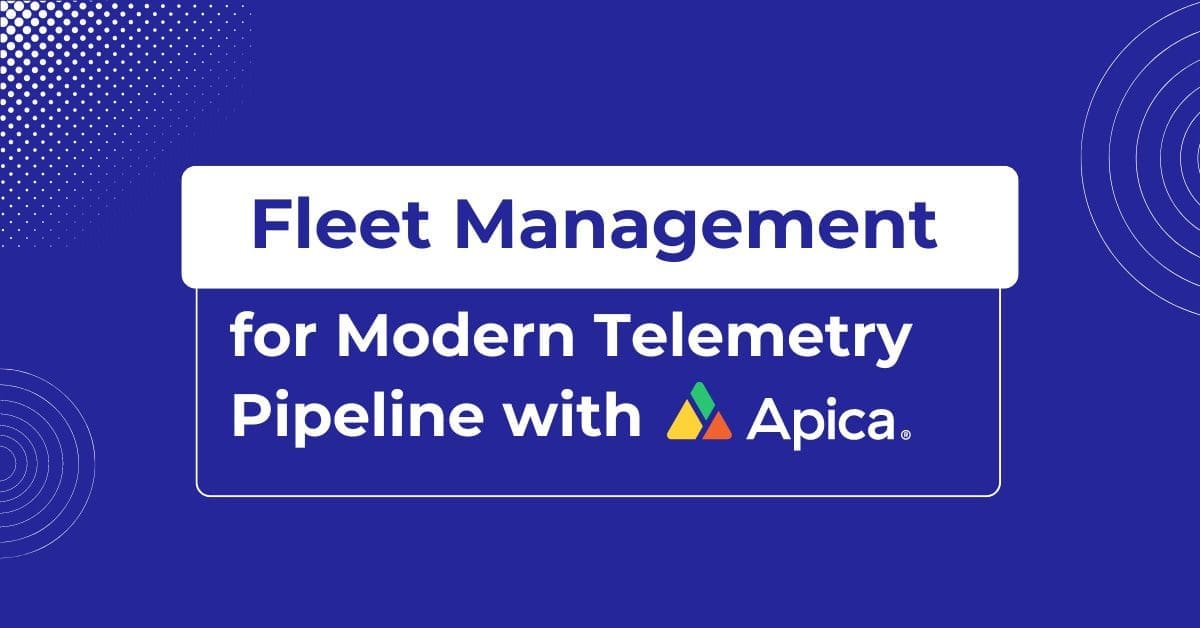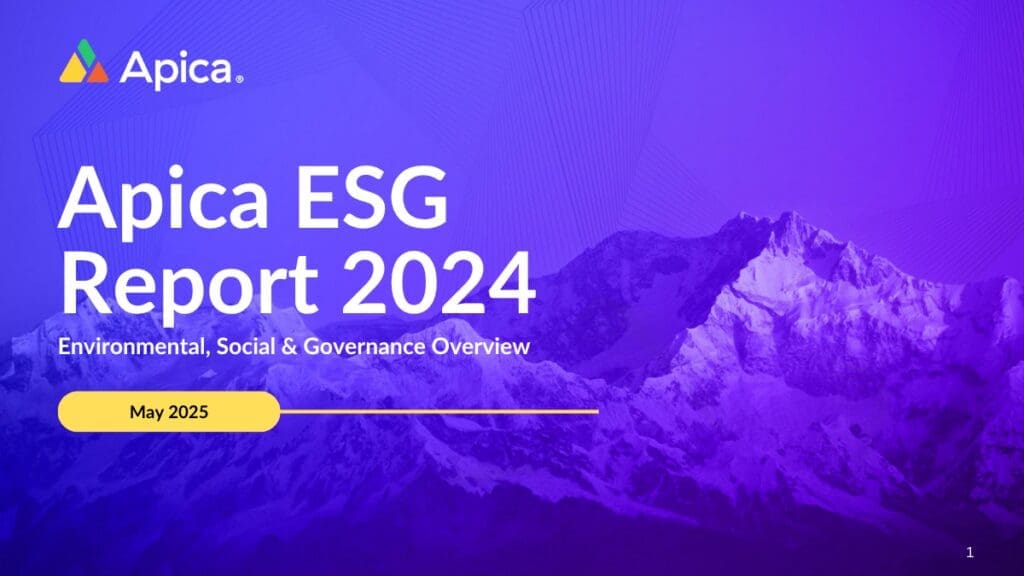Effortlessly migrate from Graphite.
Struggling to Scale Your Graphite Monitoring?
Transfer your dashboards, alerts, queries, and data, ditch Whisper, and immediately experience enhanced performance.
Upgrade your backend with Apica’s IRONdb – our advanced, highly scalable time series database that seamlessly replaces Whisper – or tap into the comprehensive Apica monitoring and analytics platform for even greater capabilities and adaptability.
Challenges
How to tackle the many challenges with Graphite Monitoring?
Complexity of Import Process
Inefficient Data Ingestion
Tool Fragmentation
Scalability and Data Redundancy Issues
FEATURES
Graphite Linux Query

Import easily in under 24 hours
Apica’s time series database serves as a direct substitute for Graphite’s Whisper database and accommodates ingestion from Carbon sources like carbon-relay and carbon-c-relay. There’s no need for changing your queries, learning a new syntax, or altering your dashboards. In essence, there’s zero disruption—continue your operations and get ready to be astonished by the significant speed improvements in processing.
Apica ensures compatibility with Graphite-web via a hosted Graphite-web instance, ensuring that existing dashboards flawlessly operate by merely switching the underlying Graphite datasource endpoint to Apica. Additionally, legacy data importation is virtually instantaneous – as soon as data arrives, it’s indexed and ready for use.
Increase flexibility and enhance productivity
Organizations using Graphite often find their telemetry bogged down by StatsD, resulting in the collection of vast amounts of unnecessary metrics while missing out on essential ones due to static pre-aggregations.
With Apica, you can bypass pre-aggregation servers and greatly streamline your metric ingestion pipeline through OpenHistogram, which allows for on-demand aggregations post-ingestion. Ultimately, this reduces metric ingestion by 20-40x, minimizes overhead, and grants more control over monitoring Service Level Objectives (SLOs).


Unified Dashboard v2
Graphite users often juggle multiple tools for logging, dashboards, and time series data management, which is not only time-consuming but also leads to data silos and the need for manual correlation.
Apica simplifies your monitoring landscape by consolidating various tools. Our platform ingests logs, traces, and metrics from your entire environment, presenting all this data through unified dashboards within a single view. This integration provides immediate context for issues by correlating metrics and traces with relevant logs, enabling swift identification and resolution of problems before they impact users.
Achieve greater scalability with fewer resources
With the dramatic increase in telemetry volume in modern enterprises, Graphite’s Whisper database struggles to keep up, falling short in scalability challenges. Moreover, data storage with Graphite poses risks due to inadequate data redundancy, creating potential single points of failure.
Apica’s platform is designed for unlimited telemetry ingestion (trillions of measurements per second) without compromising performance. It supports infinite data storage for extensive historical analysis. Apica ensures data safety through replication across multiple availability zones and maintains several data copies in a node cluster, ensuring no single point of data collection.











